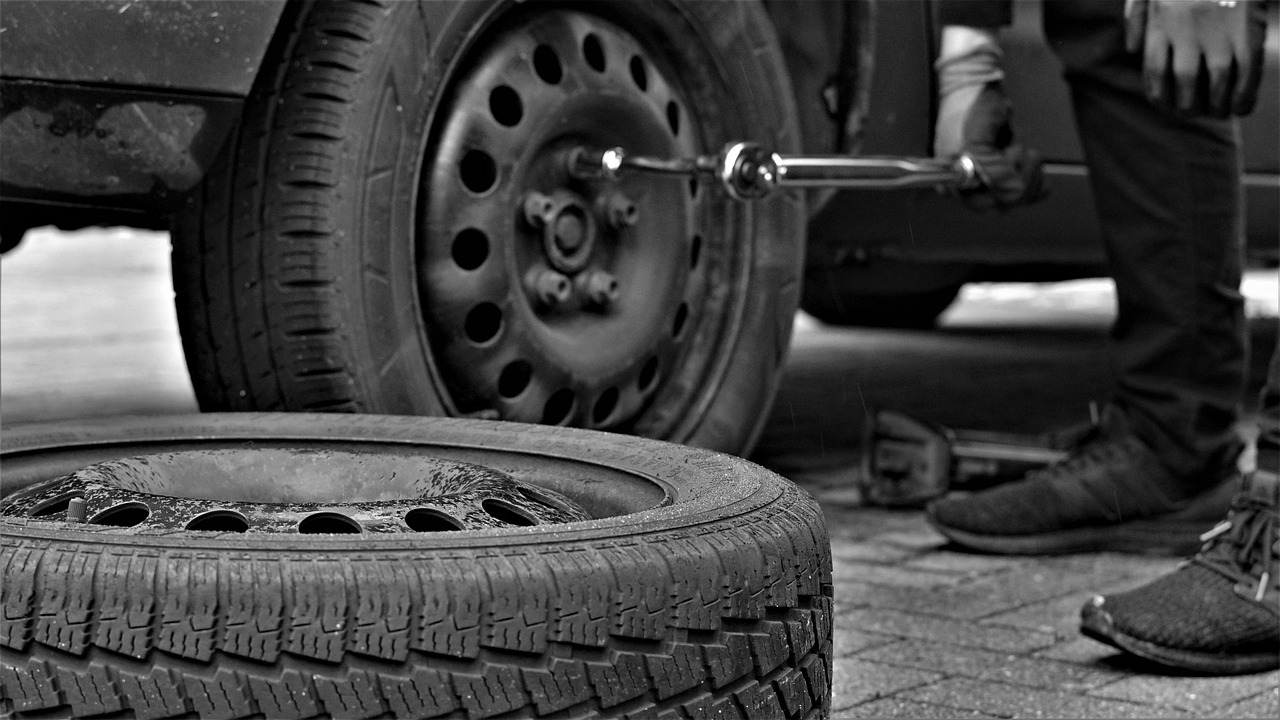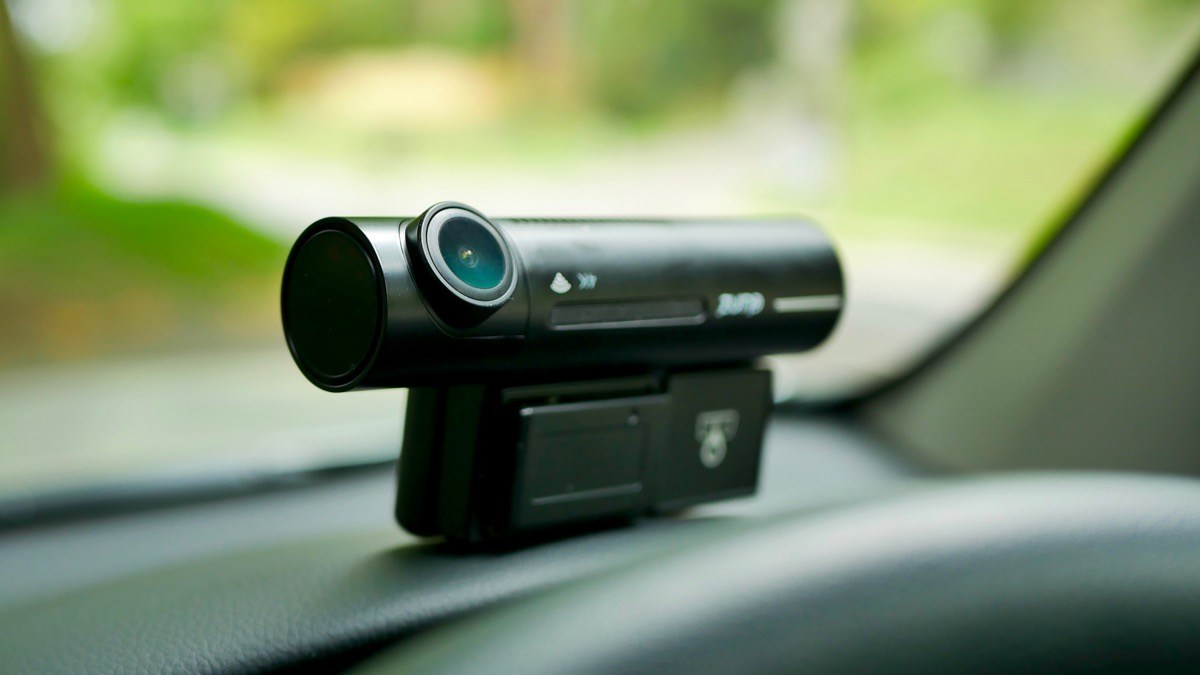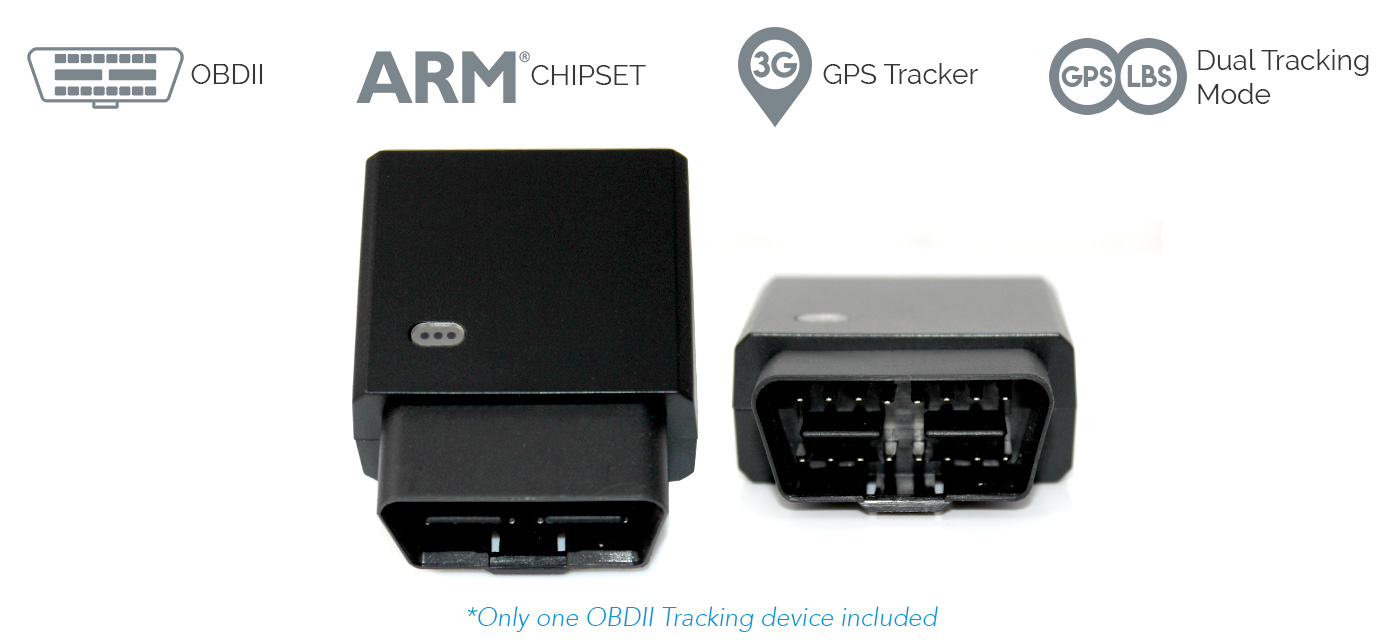Hey there! We’re now a past a full month into the quarantine, and like us you’re all doing your part by staying indoors, saving lives, and flattening the curve.
By now, you’re probably sure about how you can stay safe, but here’s an additional guide from us for those that still need to go out during this time, whether you go on a weekly grocery run for you & your family, or you work in the essentials industry and can’t afford to stay in quarantine like the rest of us.
Besides yourself, you should look into taking some precautions for your vehicle; both in its functionality and overall health, and its proximity with other people and if some do get in contact with it while it’s parked.
Without further ado, here are some of the pointers that we highly recommend you take before heading out there.
Always check your tyres!
That black rubber that coats our vehicle's wheels are sadly, often terribly overlooked by most motorists, with some overconfident that their tyres are of the highest quality and as such, doesn't need a check or a re-inflation from time to time.

Neglect is common for tyres and while one can make an argument that tyres are built to take abuse, neglect is certainly inexcusable when you own a vehicle. Especially now that you can’t afford to stay outdoors for long (and you certainly don’t want to be stuck somewhere because your tyres blew out/deflated).
Like we keep saying time and time again on the blog, it pays to be prepared.
So what can you do?
If you have a pressure gauge monitor at home, then check your tyre’s pressure whenever possible, ideally before you leave home. It’s not unheard of for motorists to forget this only to get a flat tyre in the middle of a drive.
You certainly don’t want that happening these days where you need to be in and out of locations and make it back home as quickly as possible; it’s our responsibility to stay indoors as much as humanly possible.
If you don’t have a pressure gauge at home, then get yours here today.
It doesn’t end there- make sure that you have your car’s manual on hand- it should have the correct psi level prescribed for your tyres to make sure that you don’t damage it when you’re out driving.
While we’re at it, it’s worth noting that inflating your tyre over it’s prescribed psi level or deflating it for better grip DOES NOT help at all- in the long run, it’ll damage your tyres and put you at risk of a flat sooner or later. Stick to the prescribed psi level, and you should be fine.
Make sure that you have a dash cam installed on your vehicle
Dash cams are invaluable tools that do so much despite their diminutive frames (and costs!). Depending on the model that you can install or have installed on your vehicle, you’ve got a nifty little camera that keeps a log of your driving, insuring your vehicle against anything that might happen out there on the road.

Image courtesy of Practical Motoring. Check out their review of our 4K dash cam here.
Given the lesser traffic that you might run into these days, it’s undeniable that there are less chances for accidents or altercations to happen on the road but that doesn’t mean that the humble dashcam is any less relevant. Here are some reasons why:
Some motion sensing dash cams can tell you who has come in contact with your vehicle while it’s in park, and that’s always important for when you want to make sure that you’re “clean” of the virus.
How can you do it?
Make sure that your dashcam has this feature, and that it’s hardwired (meaning that it’s connected to the car’s battery). This enables it to turn on and start recording whenever someone comes in close proximity to your vehicle.
Review the footage after you’re done with your business in the groceries and at work, and check whoever came in close contact with your vehicle.
Although, it’s best to act as if every surface that you’re about to touch has the virus; it can live on surfaces possibly for days after all, and can easily transmit through your hands. Having a motion-sensing log of the activities that happen near your vehicle makes sure that if contact tracing needs to be done, you’ll have a log of it available via your dashcam.
And while there’s minimal traffic, let’s still take into the equation that anything can happen out on the road; some drivers might be thinking that it’s okay to be lax out on the road which might lead to some incidents; having a dash cam makes sure that you’re insured for such events.
Diagnostic tools
Of course, other than knowing who or what comes close to your vehicle OR making sure that its tyres work just fine, it’s also important to check how your vehicle’s engine and other mechanical parts are doing; an OBD2 diagnostic tool will tell you exactly that.

Given that you can’t have access to a mechanic doing an actual physical inspection these days (or if you do, ideally you’d be limiting physical contact and diligently staying in quarantine), an OBD2 tool makes sure that you’re in the know when it comes to your vehicle’s health. It doesn't hurt to have one that has a GPS tracker too, giving you the best value for money!
Here’s how it works:
Plug in the OBD2 tool, and it will scan for codes. Refer to the manual for the code’s meanings. If you know how to fix it, do so; if not, forward the codes to your local mechanic and see if you can schedule a quick fix.
You should be all set with these tips as a motorist, but make sure that you can still adhere to social distancing rules, washing your hands as frequently as possible, wearing a mask, and limiting your time outside of the house.
Stay safe and stay prepared!



